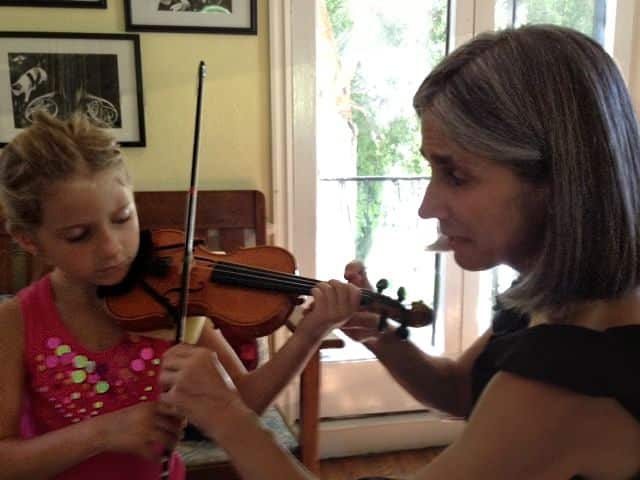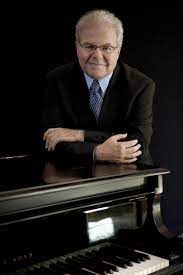End of history: Patelson’s has been demolished
mainThe 56th Street store where everyone from Tchaikovsky on went to buy their scores is now a screened-off hole in the ground.
No sentiment in New York, never was.
photo (c) David Bernard
David adds:
The demise of Patelsons wasn’t really triggered by disinterest, or the so-called demise in Classical Music. It was more driven by bad business practices and a lack of willingness to change by the owners.
It is sad, because it was a mecca for musicians. The first time I went there, when I was in 5th grade, it seemed like a magical place—you could get anything you wanted and peruse it with your own two hands (as opposed to Franks music).
Personally, I think the owners experienced the typical Small Business syndrome— avoiding adapting to new markets and retaining old models.
That is what did them in.






Comments